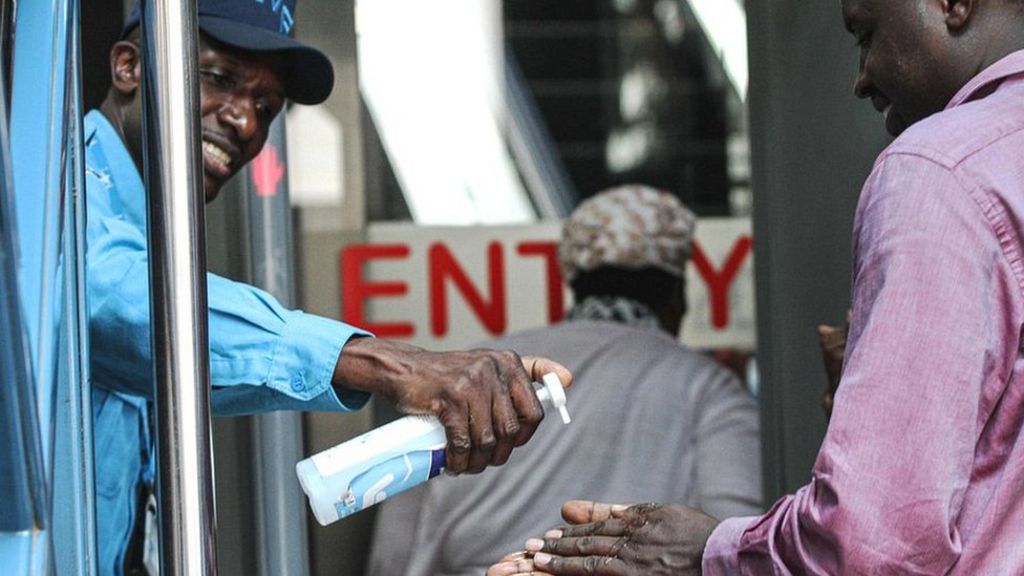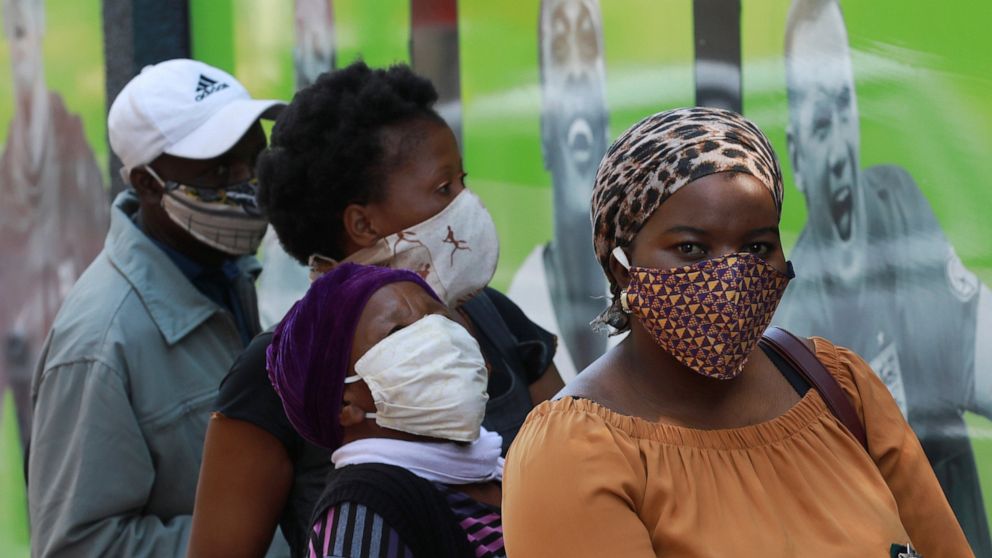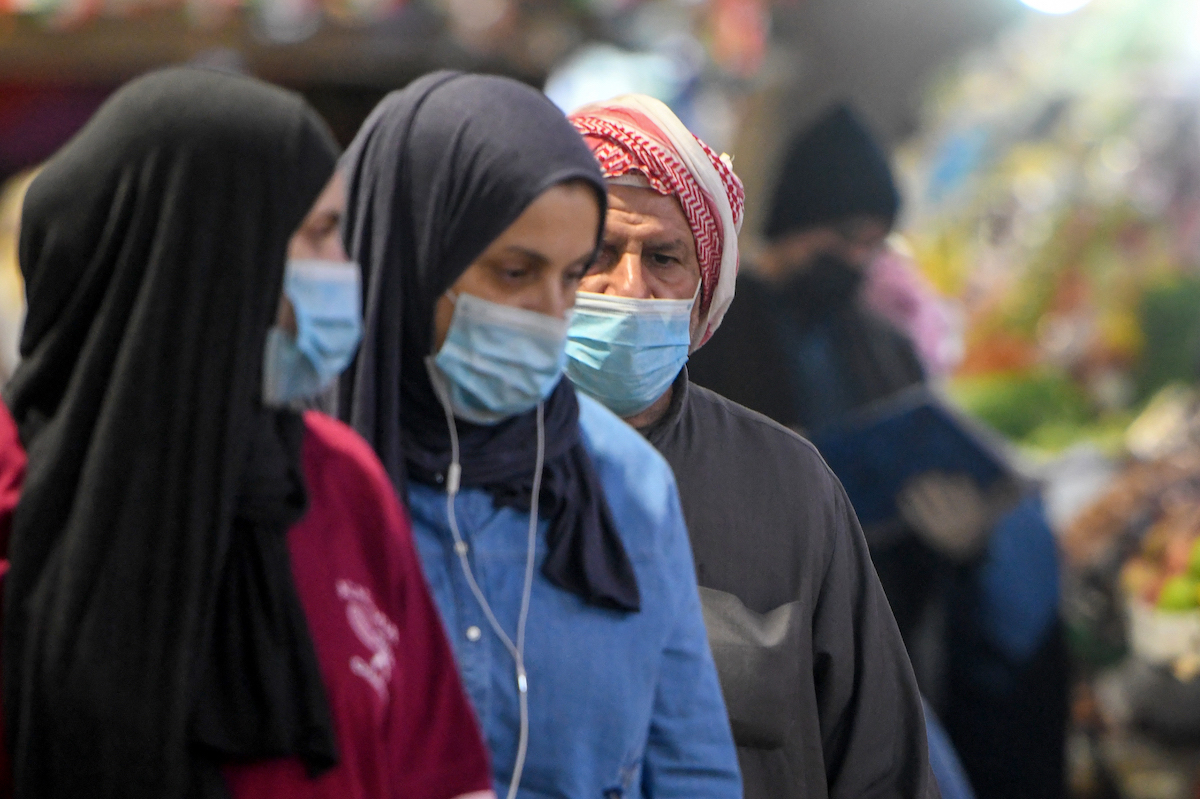The entire world has recorded more than 5.3 million confirmed cases of Covid-19; 2.12 million cases cured and 342 thousand deaths as of May 22, 2020. Francophone Africa countries are also affected in large numbers by the pandemic. In May 2020, this part of the continent experienced a growth in cases of infected people with an increase in the number of deaths, despite the preventive measures initiated by various countries.
At the start of the pandemic in Africa, in February 2020, measures to fight against Covid-19 displayed a real indirect strategy of digital rights violations by certain governments. However, in certain countries, measures contributing to the desire to improve the conditions of use of digital, necessary for the respect of digital rights have been observed.
The context of digital rights in Francophone Africa is particular even in times of crisis. Cases of violation of digital rights during electoral periods or post-electoral crises are a reminder of the behavior of governments in the management of digital rights in crisis times. The Covid-19 period is therefore not clearly different. Several governments have displayed a face of non-respect of digital rights, but also of the desire to exploit the digital divide for socio-political purposes. Other countries having become aware of the consequences of non-compliance with digital rights, have expressed some progress, notably Gabon,Togo and the DRC, amongst others
In general, the appearance of Covid-19 has urged governments to take a series of measures against the pandemic with human rights impacts in some cases. The standard of living in the region does not allow populations in confinement and is almost inactive to benefit from quality of digital services.
From Cameroon to Rwanda, or from Morocco to Burundi, certain governments with the assistance of mobile telephone operators have reduced the prices of Internet, and strengthened the stability and confidence of the network.
Cases of human rights violations on the Internet are reflected in some countries by cases of indirect arrests of people, mass control and surveillance of populations, fragmented management of personal data, instability of the Internet and the poor quality of the internet connection with some operators was recorded at the start of the Covid-19 pandemic, notably in Cameroon, Algeria and Morocco amongst others
Mixed situation in Cameroon

At the start of the crisis, the mobile operators: Camtel, Orange and MTN have announced support measures during the confinement period. Camtel, a public telecommunications company, has made an attractive offer, but not free, for Internet connection prices for 150 GB at around 20 USD per month. Operators Mtn and Orange have meanwhile lowered the prices of mobile financial transactions.
On the other hand, the Covid-19 period was impacted by the rise of fake news on the Covid-19 and on the country’s political situation in social media, prompting the authorities to initiate actions against some internet users. In April 2020, a letter from the office of the President of the Republic gave instructions to the Director of the National Agency for Information and Communication Technologies (ANTIC) in order to track all the accounts spreading false information and fake news on platforms like Facebook by using technological means.
Also in the context of actions to fight against the pandemic, the opposition political party, Cameroon Renaissance Movement (CRM) through its President, Maurice Kamto had initiated fundraising actions to support some needy Cameroonians affected by the crisis. The Minister of Territorial Administration, Paul Atanga Nji, had considered this action illegal by sending correspondence to the Directors General of MTN and Orange requesting the closure of the Mobile Money and Orange Money accounts intended for this fundraising effort. The organizers of this operation considered the disruption of their accounts as a manifest violation of their rights related to digital online payment services.
Covid-19 and management of personal data

In February and March, especially in Cameroon and other countries in the region, passengers from foreign countries suspected of carrying the virus saw their data and identities on the internet, but also on social media. Several cases of deaths have been identified as carriers of Covid-19 before being sometimes denied by the family or relatives. During this period of crisis, the families and relatives of Covid-19 patients fear the disclosure of their status on social media, which can accentuate the stigma.
The use of personal data is considered by certain countries in the world as an effective means of combating Covid-19. This opportunity for Africa could cause more problems than solutions in a context where few countries have a law on the protection of personal data. Rasha Abdul Rahim, Deputy Director of Amnesty Tech, on this trend in the use of personal data says that ” Technology can play an important role in the global fight against the Covid-19 pandemic, however, this does not give for as much carte blanche to governments to extend digital surveillance. Recent history shows us that governments are reluctant to give up temporary surveillance powers, and we must not allow ourselves to be dragged into a state of permanent widespread surveillance . ”
Morocco: arrests for fake news

In early March 2020, the video of two Moroccans who were shooting hoaxes in the street by announcing to people that they had been contaminated abroad by Covid-19 “to see their reactions” were arrested in Marrakech. The police authorities had already announced in the same period the arrest of a resident of Tetouan (north) who had announced in a video on social media to “register dead people linked to the virus”. On Thursday March 19, a bill n° 22.20 relating to the use of social networks and similar channels in the country was adopted and presented by the Minister of Justice, and was not long in being applied in Morocco. The government in several press releases had reported that “All legal provisions will be taken (…) to identify the persons involved in the publication of these allegations and lies”.
Algeria: an example?

Algeria is considered to be one of the countries that provided a rapid and positive response during the Covid-19 period for the development of digital infrastructure in the country and the improvement of online confidence. During the Council of Ministers on March 22, 2020, Algeria made the decision to accelerate its digital transformation through the “Digital Transition Initiative”. Tunisian President Abdelmadjid Tebboune said the current situation is “also an opportunity for us to realize the vulnerability of our national economy, due to our neglect for decades to free it from oil rent”.
The Algerian Modernization Initiative applies on several levels: the protection of personal data based on Law No. 18-07 of June 10, 2018, the digitization of the central administration, documents and administrative forms, the generalization of databases based on the national identification number (NIN), the creation of a control panel for decision-making and monitoring of government projects. The Initiative also includes the modernization of the government’s Internet network to ensure liaison between the departments. The project also offers several practical measures, including a digital service platform for citizens.
Covid-19 and e-learning

According to UNESCO, the digital divide is particularly marked in low-income countries: in sub-Saharan Africa, over 89% of learners do not have access to home computers and 82% do not have access to the Internet. About 56 million learners live in places not served by mobile networks, almost half of them in sub-Saharan Africa. Online training for learners in confinement in the Francophone part of Africa is a constraint which presents the reality of the disparity in the development of telecommunications infrastructures and therefore of violation of the digital rights of various Africans, unable to benefit from the digital online training services. The lack of quality infrastructure during the Covid-19 era is one aspect that accentuates disparity, the digital divide and violations of digital rights.
Countries like Rwanda, Egypt and many others who have invested seriously in digitalization over the years, today serve as examples in terms of the fruits they derive from digital in these hours of global health crisis. For the moment, the practices which contribute to the respect of digital rights from the particular case to the general is important.


